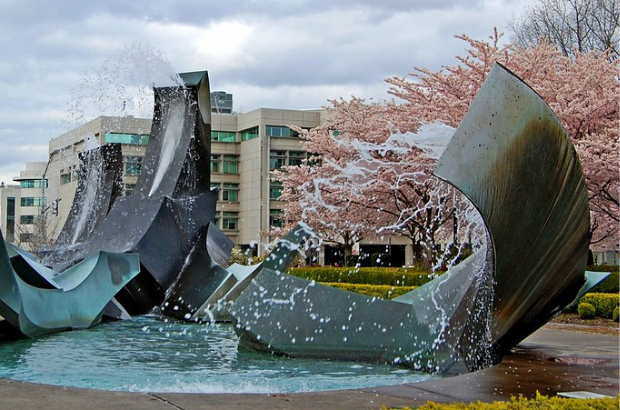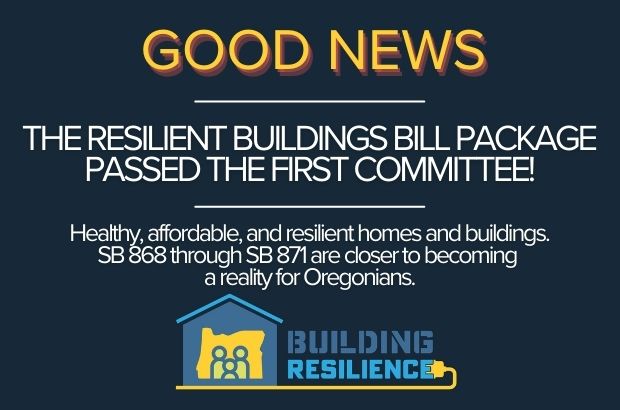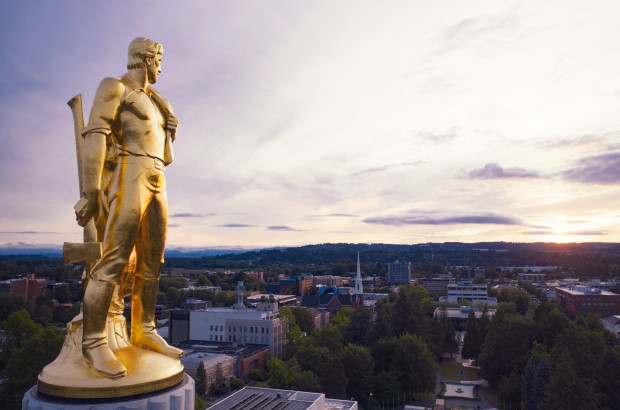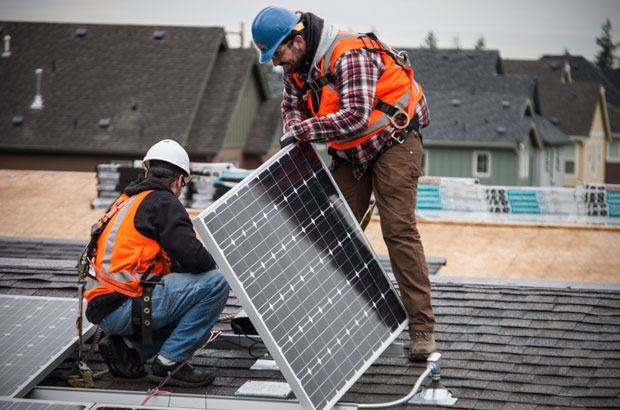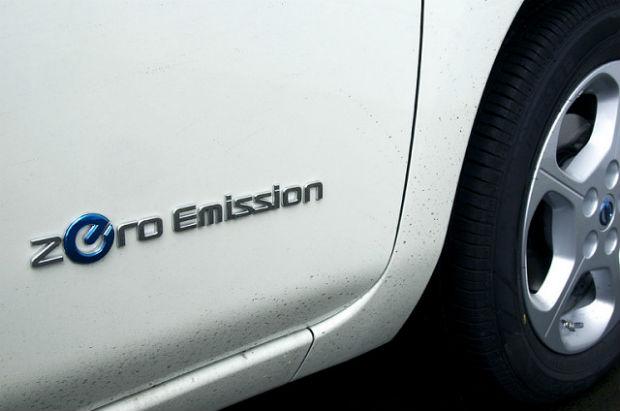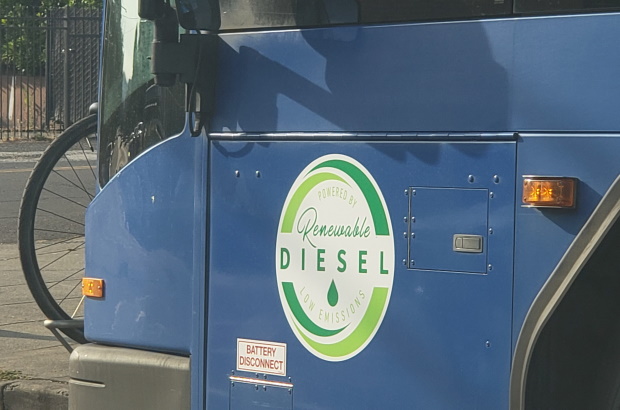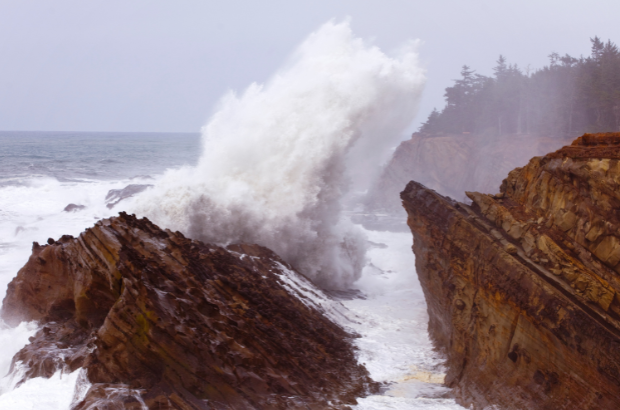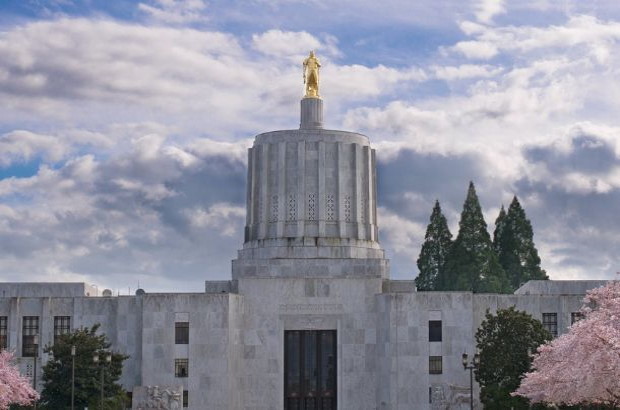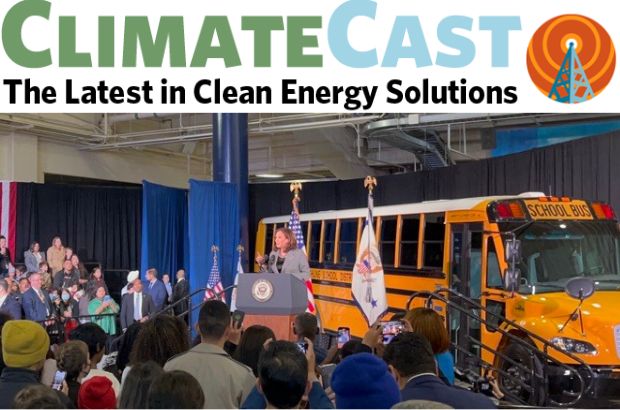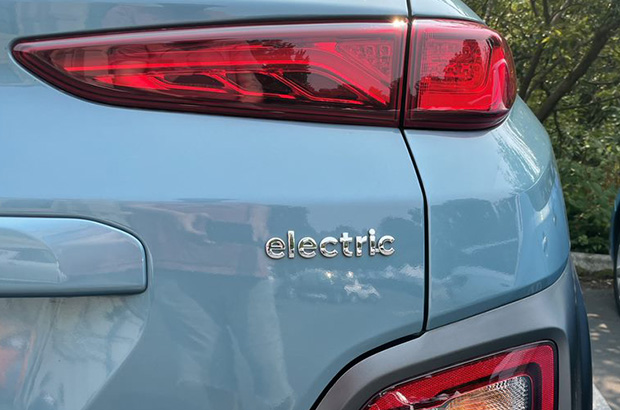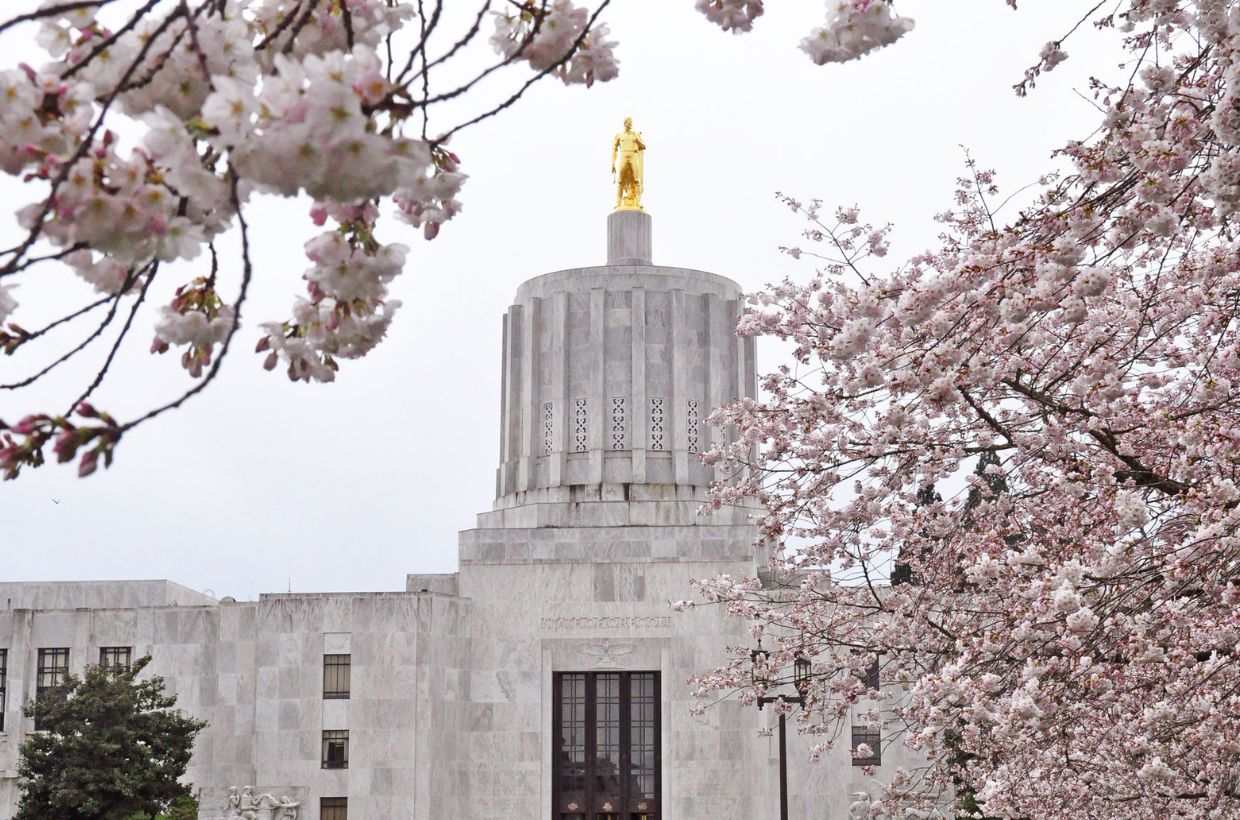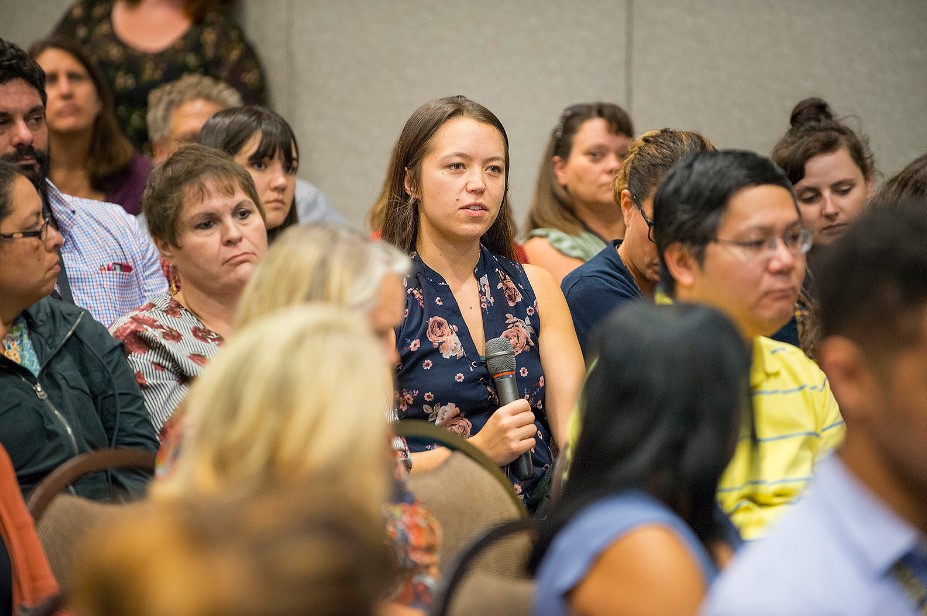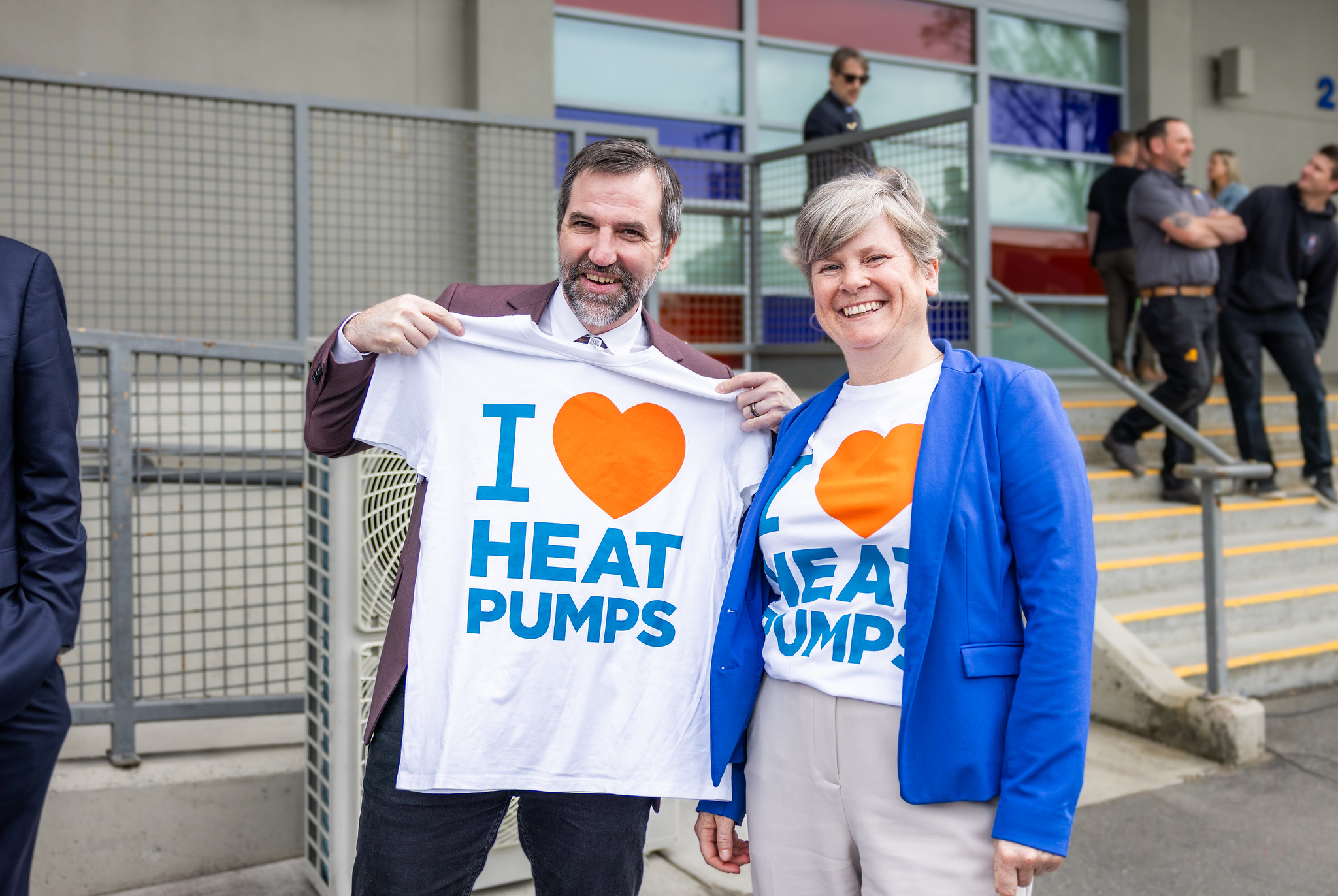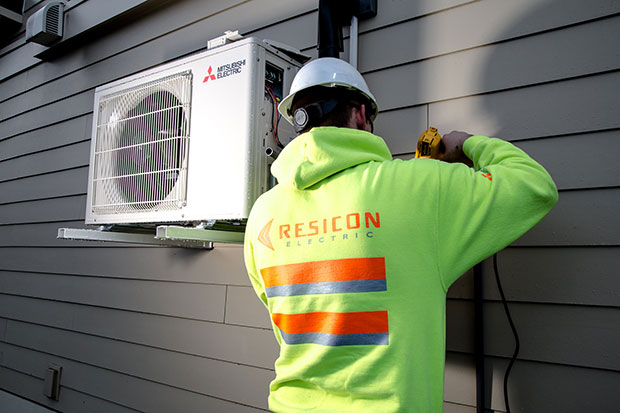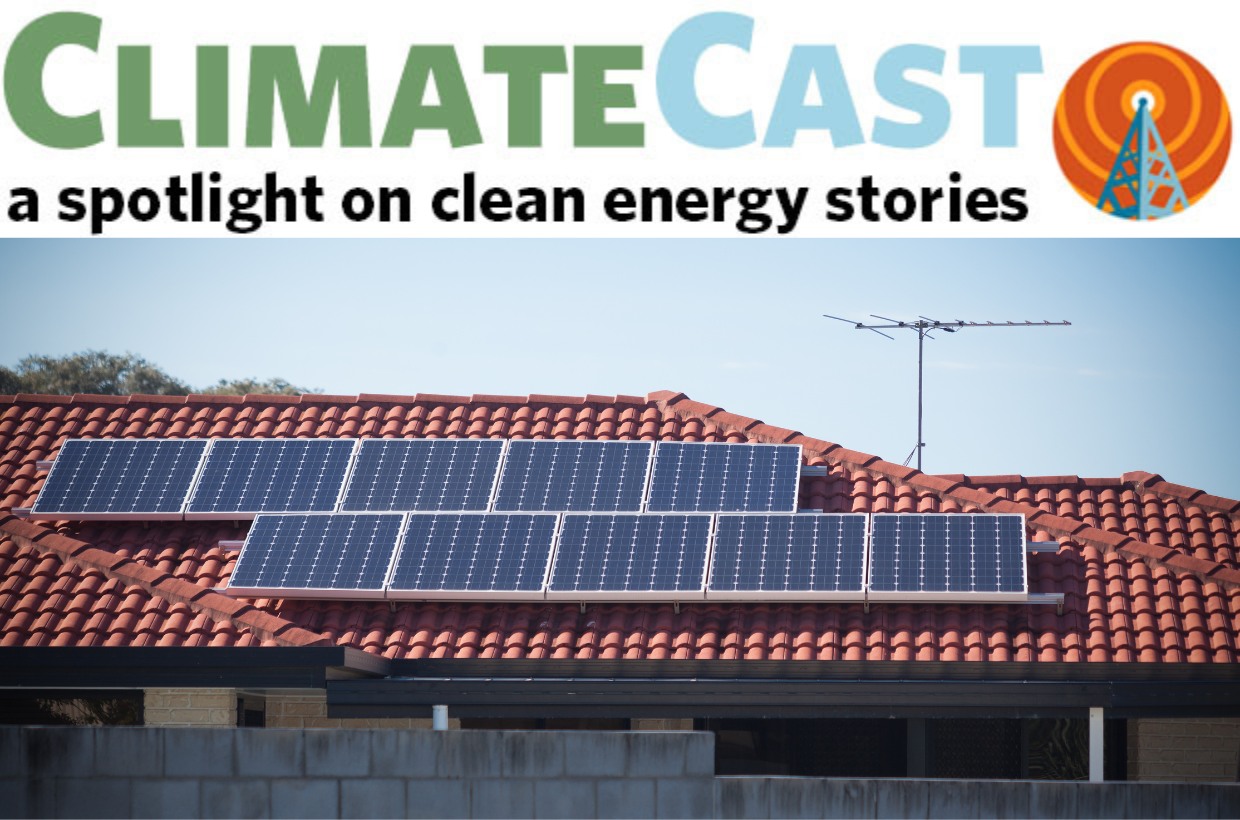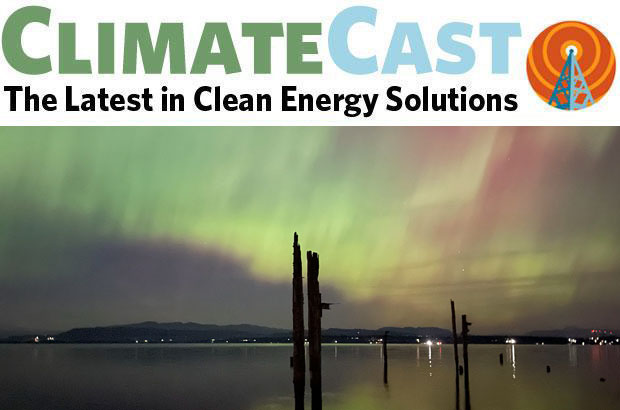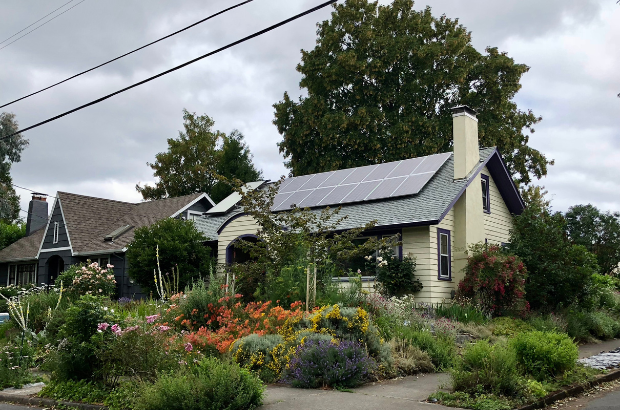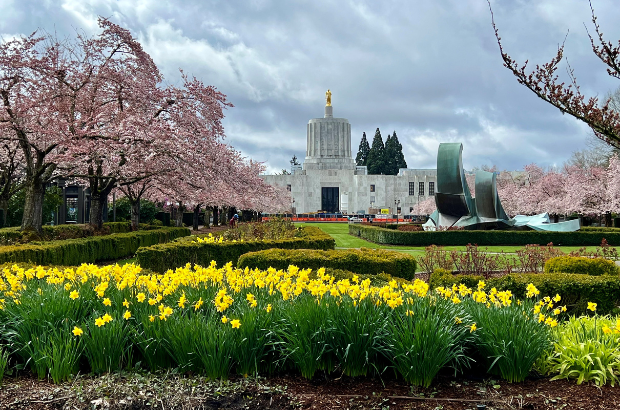Oregon State Government
by Meredith Connolly on
We think you’ll agree: Every single Oregonian deserves to be protected from the climate crisis.
by Meredith Connolly on
Did you know the Oregon Legislature hasn’t updated our state climate goals in over 15 years?
by Climate Solutions on
In Support of Public Utility Commission Staff’s Analysis, Climate Advocates Call on Commissioners to Require the
by Meredith Connolly on
We’re officially halfway through the 2023 legislative session here in Oregon, and there is A LOT to report about wher
by Meredith Connolly on
With your help, we can make sure Oregon lawmakers understand these and other important benefits of the Resilient, Efficient Buildings policy package.
by Greer Ryan on
Oregon's Senate Energy and Environment Committee voted to advance the Resilient, Efficient Buildings package. But there’s more work ahead.
by Greer Ryan on
Oregonians deserve healthy, affordable, resilient buildings that run on clean energy.
by Meredith Connolly on
Oregon has made incredible strides in cleaning up our electric grid and transportation sector through milestone policies in recent years. This suite…
by Jonathan Lee on
Homes, offices, and other buildings are a major source of climate and air pollution. Thankfully, the best solutions will save you money on energy…
by Victoria Paykar on
Oregon’s Environmental Quality Commission voted to pass the Advanced Clean Cars II Rule that will help us in our transition to 100% zero-emission…
by Victoria Paykar on
Did you hear the news? Last week, the City of Portland became the first city in the U.S. to phase out the sale of petroleum diesel by 2030.
by Meredith Connolly on
As the final results of this November’s midterm election roll in, one thing is clear: climate action was on the ballot in Oregon, and voters made it…
by Meredith Connolly on
Voting yes on Measure 113 will help us make the necessary progress in Oregon on an equitable transition to a clean energy-powered grid,…
by Jonathan Lee on
In this week's Climate Cast: Electric school buses across the country, air quality woes, upcoming elections, rising methane pollution, and holding NW…
by Victoria Paykar on
This December, Oregon’s Environmental Quality Commission will vote on proposed tailpipe emissions standards so that by 2035, 100% of new cars sold…
Give for a brighter future
Connect
Join our email list to learn about what we do and how to get involved.
2025 OR Policy Notes
Stay tuned for further updates!
